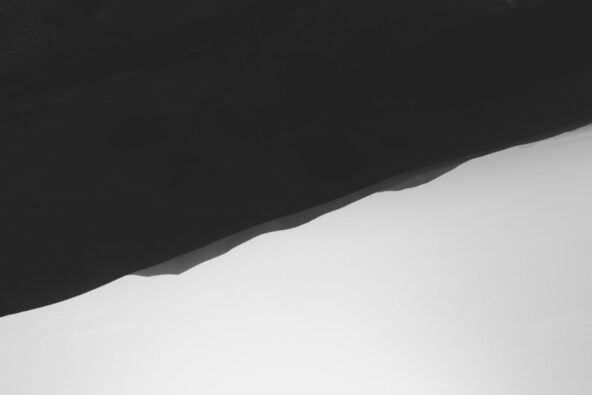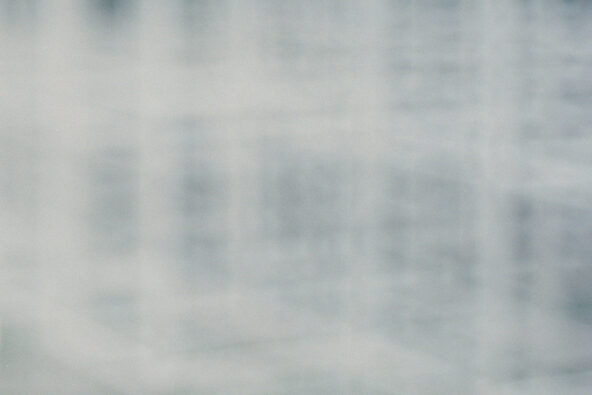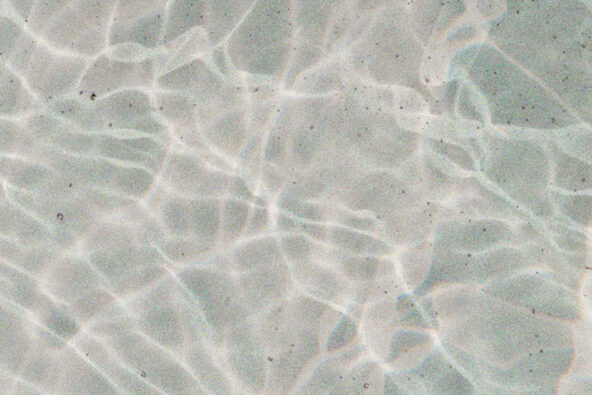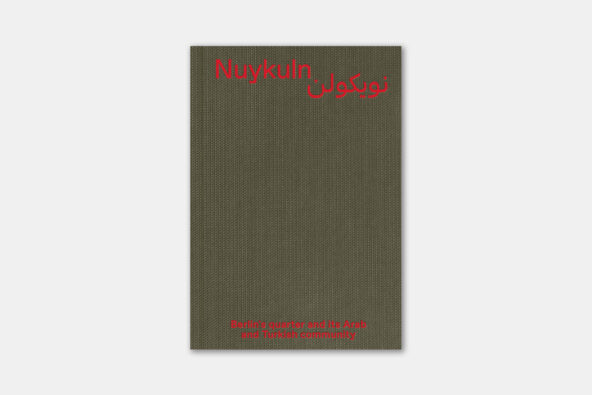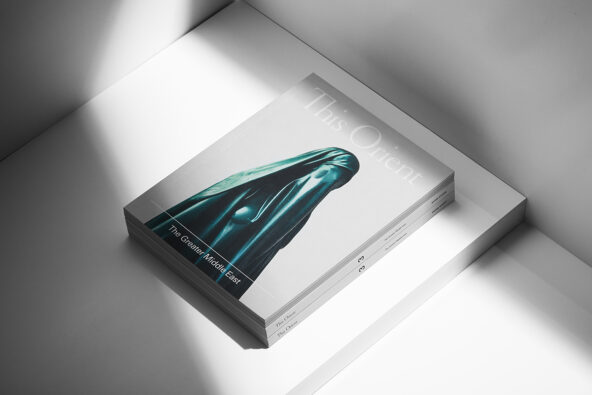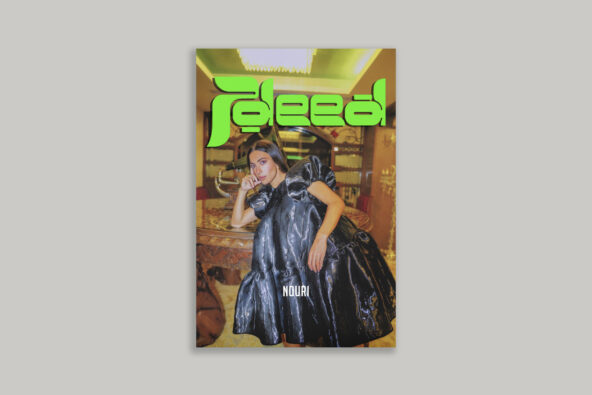Looking through the family album
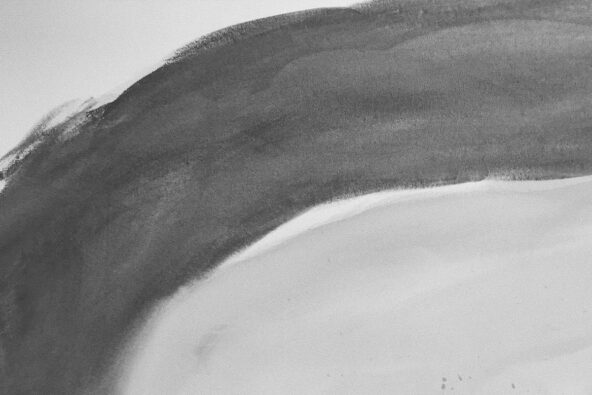
What is a photo album? Is it documentation of lives interwoven? Is it evidence of our place in time, of moments captured – both mundane and significant – reflecting our own humanity back to us? I look back at images of my family in the 90s before I was born and I am able to imagine their life as they existed before I knew them. I can see my mother and father as people rather than parents. I see my big brother as a baby boy. I then look at myself as a child in moments I could never have remembered, though probably buried somewhere deep in the archive drawers of my subconscious mind. These images serve to remind me of my own mortal life, they ground me and they signal my growth.
But they also make me sad – if humanity is good at anything, it’s our ability to romanticise the past. When I look through images of myself in school uniform or on a family trip to Tunisia, I yearn for the innocence of that time. I become nostalgic for a life I barely remember, and sometimes for a life never even lived.
People born in the diaspora are obsessed with looking at their family’s archives. Old photos, old objects, old letters – it’s the closest we can get to our ancestral lands without actually travelling there. For me, travelling to Iraq was never as feasible as those with roots in ‘safer’ countries.
I wanted to learn about my parents’ and grandparents’ home and country, and talking to my grandmother about her past life in Iraq was and still is one of the only ways we can connect. Quality time with my grandma looks like chai and her poring over old photos and recalling anecdotes from 1960s Baghdad. Sometimes I imagine myself within the sepia, grainy images that my grandmother pulls out of her chaotic relic of a photo album, sitting in a garden in Baghdad or taking the train to Palestine.
There comes a time, though, when I realise I’ve been sitting on the floor too long, with several albums out around me. I realise I have spent several delicious hours flicking through lost memories that I forget to live in the present. Sometimes, I become heavy and encumbered by their overly sentimental effect on me. Archives and albums are essential, vital in fact. But we can use them to fashion futures for ourselves and read them as a map to guide us forward on the path, instead of chaining our heads over our shoulders, eternally looking to the past.
Dalia is a freelance Iraqi-British journalist and editor with bylines in Huck, Cosmo Middle East, Riposte & Notion,focusing on emerging creativity from the SWANA region and diaspora, migrant narratives, and reporting on community-led stories from the margins.
